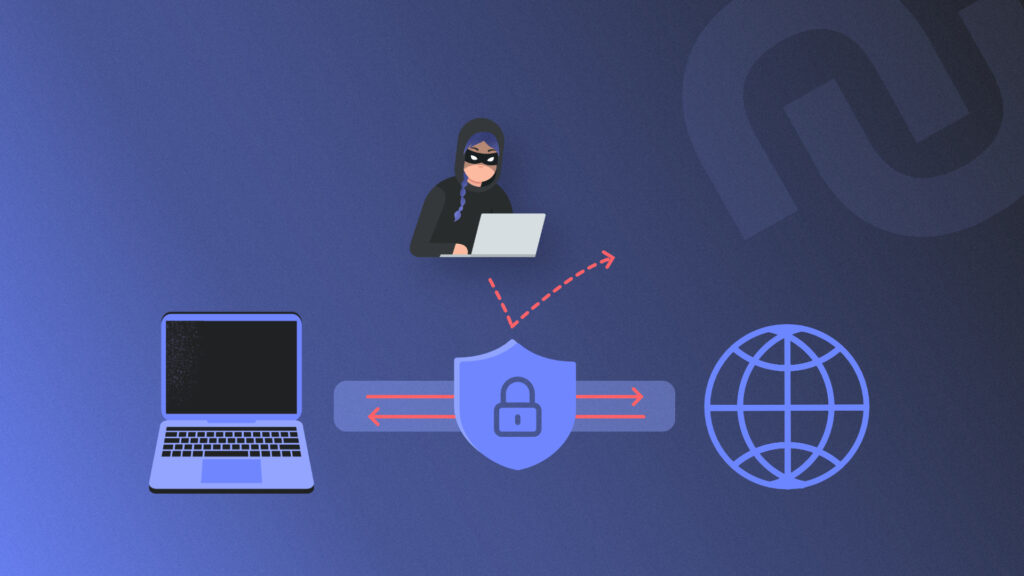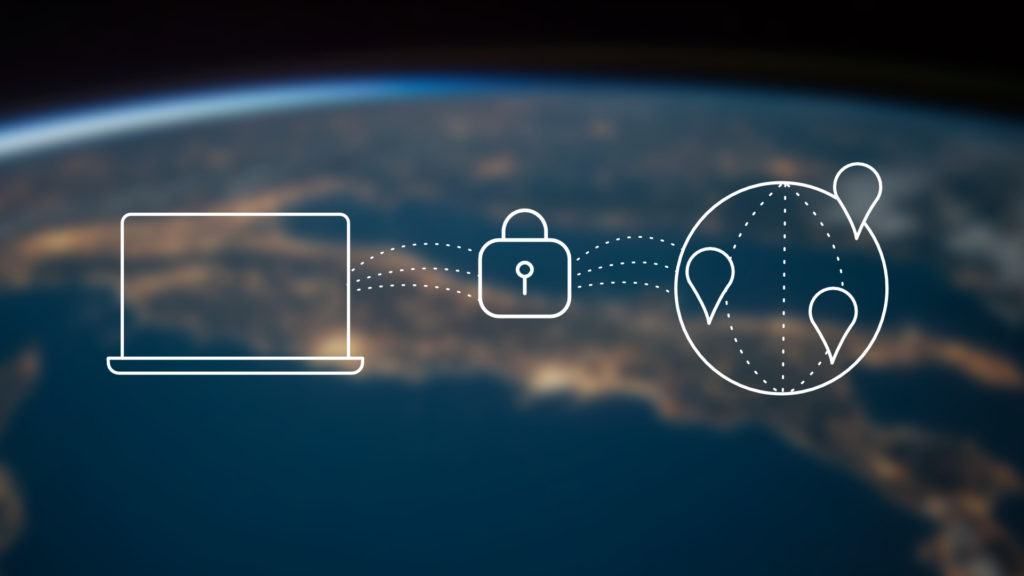An anonymous reader quotes a report from Ars Technica: On Wednesday, the IEEE Computer Society announced to members that, after April 1, it would no longer accept papers that include a frequently used image of a 1972 Playboy model named Lena Forsen. The so-called "Lenna image," (Forsen added an extra "n" to her name in her Playboy appearance to aid pronunciation) has been used in image processing research since 1973 and has attracted criticism for making some women feel unwelcome in the field. In an email from the IEEE Computer Society sent to members on Wednesday, Technical & Conference Activities Vice President Terry Benzel wrote, "IEEE's diversity statement and supporting policies such as the IEEE Code of Ethics speak to IEEE's commitment to promoting an including and equitable culture that welcomes all. In alignment with this culture and with respect to the wishes of the subject of the image, Lena Forsen, IEEE will no longer accept submitted papers which include the 'Lena image.'"
An uncropped version of the 512×512-pixel test image originally appeared as the centerfold picture for the December 1972 issue of Playboy Magazine. Usage of the Lenna image in image processing began in June or July 1973 (PDF) when an assistant professor named Alexander Sawchuck and a graduate student at the University of Southern California Signal and Image Processing Institute scanned a square portion of the centerfold image with a primitive drum scanner, omitting nudity present in the original image. They scanned it for a colleague's conference paper, and after that, others began to use the image as well. The image's use spread in other papers throughout the 1970s, 80s, and 90s, and it caught Playboy's attention, but the company decided to overlook the copyright violations. In 1997, Playboy helped track down Forsén, who appeared at the 50th Annual Conference of the Society for Imaging Science in Technology, signing autographs for fans. "They must be so tired of me ... looking at the same picture for all these years!" she said at the time. VP of new media at Playboy Eileen Kent told Wired, "We decided we should exploit this, because it is a phenomenon."
The image, which features Forsen's face and bare shoulder as she wears a hat with a purple feather, was reportedly ideal for testing image processing systems in the early years of digital image technology due to its high contrast and varied detail. It is also a sexually suggestive photo of an attractive woman, and its use by men in the computer field has garnered criticism over the decades, especially from female scientists and engineers who felt that the image (especially related to its association with the Playboy brand) objectified women and created an academic climate where they did not feel entirely welcome. Due to some of this criticism, which dates back to at least 1996, the journal Nature banned the use of the Lena image in paper submissions in 2018.


Read more of this story at Slashdot.
 Rapport après rapport, le Jon Peddie Research continue de nous informer de la situation du marché des PC grand public. Le premier examen pour 4T23 dont nous avons fait écho portait sur les ventes de processeurs en forte hausse... [Tout lire]
Rapport après rapport, le Jon Peddie Research continue de nous informer de la situation du marché des PC grand public. Le premier examen pour 4T23 dont nous avons fait écho portait sur les ventes de processeurs en forte hausse... [Tout lire]  Et voilà, il fallait s’y attendre, mais la montée en prix du Bitcoin n’aura pas laissé les marchés de marbre. Il s’échange actuellement pour un peu plus de 66 000 €, son plus haut historique, loin devant les pics de 2021...
Et voilà, il fallait s’y attendre, mais la montée en prix du Bitcoin n’aura pas laissé les marchés de marbre. Il s’échange actuellement pour un peu plus de 66 000 €, son plus haut historique, loin devant les pics de 2021... 

 Il y a quelques heures, Taïwan a subi un tremblement de terre d’une magnitude de 7,2 sur l’échelle de Richter selon l'Agence météorologique taïwanaise. C’est le séisme le plus important mesuré sur l'île depuis celui qui s’est produit en 1999...
Il y a quelques heures, Taïwan a subi un tremblement de terre d’une magnitude de 7,2 sur l’échelle de Richter selon l'Agence météorologique taïwanaise. C’est le séisme le plus important mesuré sur l'île depuis celui qui s’est produit en 1999... 
